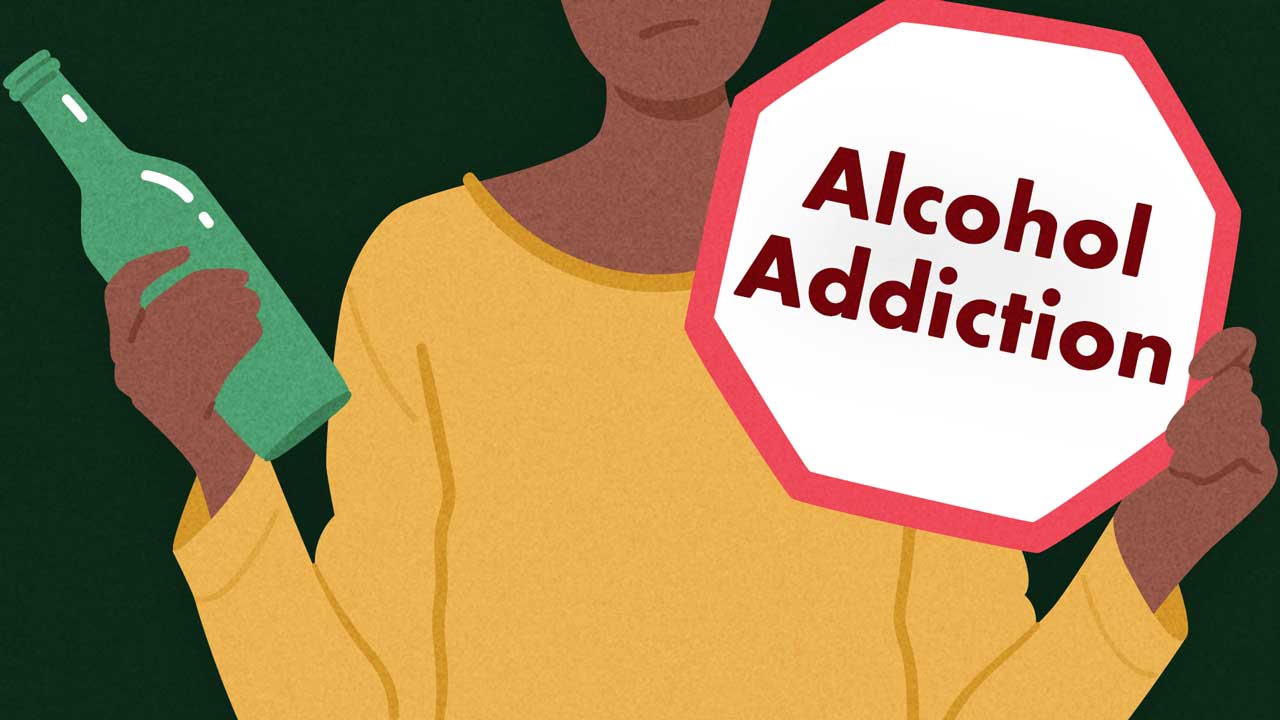Alcoholism in India is becoming an increasingly serious problem, affecting many aspects of life in the country. As alcohol consumption rises, so does the number of individuals struggling with addiction, leading to significant social and economic repercussions. In this article, we will explore the main causes of alcoholism in India, its consequences, and effective strategies for addressing this issue.

Causes of Rising Alcoholism in India
Alcoholism in India has several key causes contributing to its spread. One of the primary reasons is social pressure and stress. Rapid urbanization, changes in lifestyle, and economic instability create conditions that foster alcohol abuse.
Social and Cultural Factors
In India, the culture of alcohol consumption can vary by region. In some cultures, alcohol is considered a part of traditional celebrations or rituals, which can lead to excessive drinking. Social pressure and the desire for social status may also contribute to rising alcoholism.
Economic and Psychological Aspects
Economic instability and high levels of workplace stress are significant risk factors. Individuals facing financial difficulties and psychological pressure may seek solace in alcohol, leading to addiction.

Consequences of Alcoholism in India
The problem of alcoholism in India has far-reaching consequences for society and health. The impact of alcohol on personal life, family relationships, and public health is profound.
Health Impact
Alcoholism in India leads to numerous medical issues, such as liver cirrhosis, cardiovascular diseases, and mental health disorders. Dependence on alcohol also increases the risk of accidents and injuries.
Social and Economic Consequences
Addiction to alcohol affects work productivity and can contribute to increased crime rates. Families of those struggling with alcoholism also suffer, as addiction often leads to the breakdown of family relationships and heightened levels of violence.
Strategies for Addressing Alcoholism in India
Effective strategies for combating alcoholism in India require a comprehensive approach, including both medical and social measures.

Medical and Psychological Programs
Developing and implementing medical and psychological programs for treating alcoholism are crucial steps. This may include both inpatient and outpatient treatment, counseling, and support from specialists.
Education and Prevention
Education and prevention play a key role in reducing alcoholism rates. Programs aimed at raising awareness about the harms of alcohol and promoting a healthy lifestyle can help change public attitudes and behaviors.
Policy and Legislation
Tightening alcohol sale regulations and restricting its advertising may also contribute to reducing alcohol consumption. It is important for government and private organizations to work together to achieve meaningful results.

